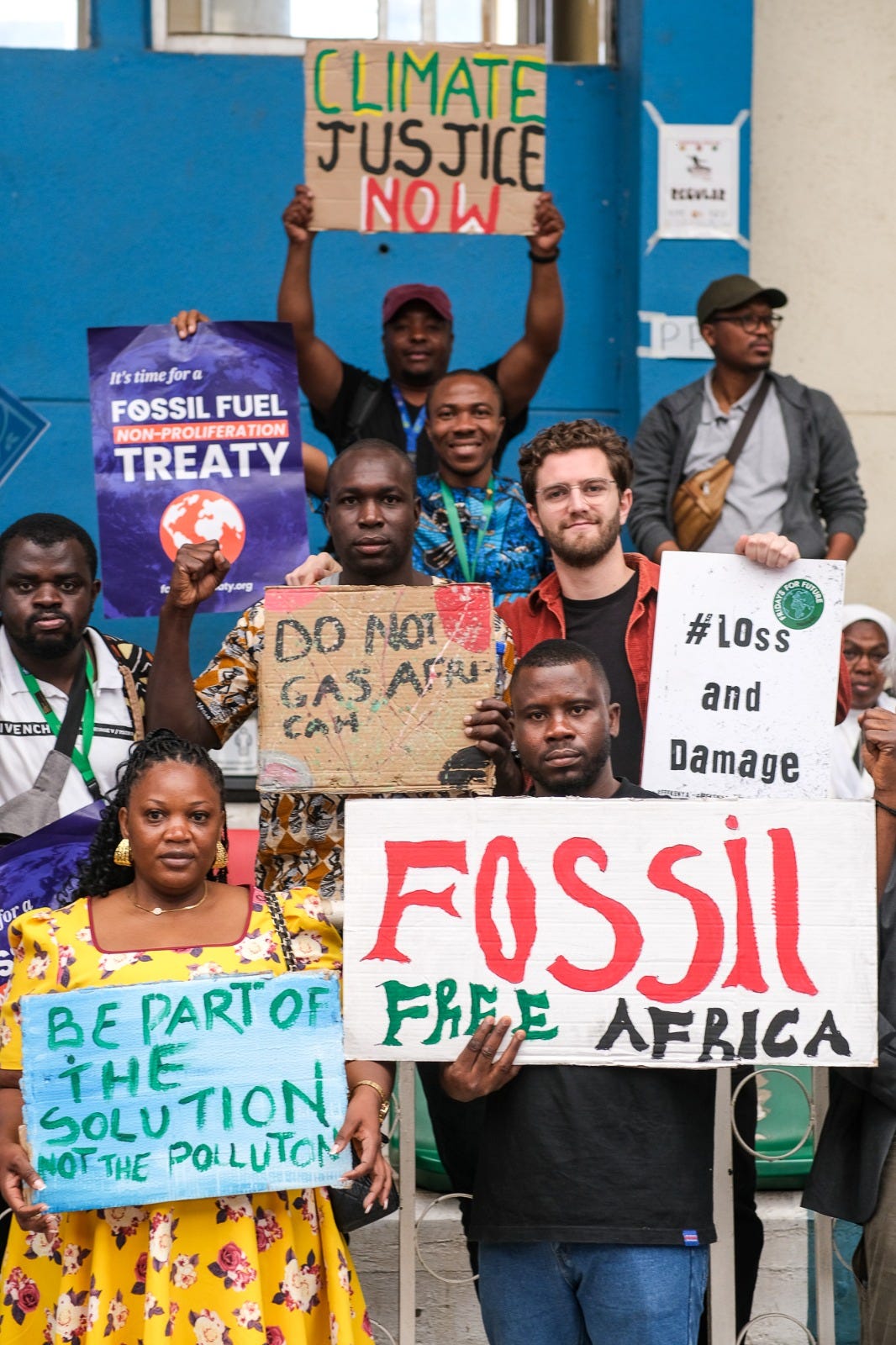African Climate Summit Inaugurated: Africa's Determined Voice on Global Climate Challenges
Last year alone, over 7.5 million Africans were displaced from their homes due to climate-related disasters, a concerning figure highlighted by the organization.
Nairobi, Kenya - The inaugural African Climate Summit commenced on Monday, bringing together leaders from across the African continent to address the pressing global issue of climate change, which profoundly impacts the lives of Africa's 1.3 billion citizens, writes Charles Mangwiro.
"Let us identify opportunities that may arise from solving environmental problems rather than focusing on grievances against industrialised nations. The summit's ambition is to shift the climate conversation from a 'polluters versus victims' discourse to finding opportunities to overhaul the continent's economies while tackling the climate crisis," urged President William Ruto of Kenya during the opening ceremony.
President Ruto emphasized his vision for the first African Climate Summit: "We aim for this summit to be 'of Africans for Africans.'"
He highlighted the participation of numerous African heads of state, leaders from various regions, and over 24,000 attendees, underscoring the collective aspiration to transform Africa into a catalyst for the global green energy revolution.
However, realizing this vision necessitates significant financial support and relief from debt burdens.
"We have officially entered an era of climate migration," declared IOM Director-General-elect Amy Pope.
She emphasized the urgency of addressing climate change's impacts on human mobility and stated that solutions on a continental scale are urgent.
"African countries are among the most vulnerable to climate change, suffering the harsh impacts of the climate crisis, including droughts, floods, extreme temperatures, and rising sea levels," pointed out the IOM in a statement.
Last year alone, over 7.5 million Africans were displaced from their homes due to climate-related disasters, a concerning figure highlighted by the organization.
Without swift and sustained climate mitigation measures, this number could surge to 105 million internal migrants within Africa by year-end, as predicted by the IOM.
The African Climate Summit, spearheaded by President Ruto and co-organized with the African Union Commission, endeavours to confront the escalating climate risks and associated costs, both on a global scale and, particularly, within Africa.
As the summit unfolded, hundreds of activists from across Africa staged peaceful demonstrations, voicing concerns over new fossil fuel investments on the continent.
"We are marching for ambitious renewable energy targets and an end to fossil fuels," proclaimed Dr. David Otieno Ngira, an economic, social, and cultural rights Researcher.
Sunny Morgan, representing South Africa’s Debt for Climate, urged a comprehensive overhaul of climate change strategies.
She emphasized that Africa, which contributes only four percent to the global climate crisis, bears the brunt of the environmental consequences.
"Those responsible for climate change are not adequately financing mitigation measures. We are not begging; we are demanding," asserted Morgan.
Mildred Nduta, speaking on behalf of the Kenya Peasants League, implored major climate-contributing nations to generously support mitigation programmes.
Campaigners also highlighted the severe impact of climate change and inequality on the rights of African children.
"Extreme weather events such as devastating floods are displacing thousands of children from their homes and exposing them to violence, abuse, and exploitation," stated George Otim, country director for Plan International.
In conclusion, while the African Climate Summit aspires to unify Africa's response to the multifaceted climate challenges, dissenting voices within Africa emphasize concerns about the summit's approach to climate finance.
Critics argue that the summit disproportionately reflects Western interests at Africa's expense, prompting calls for more balanced and inclusive solutions.



